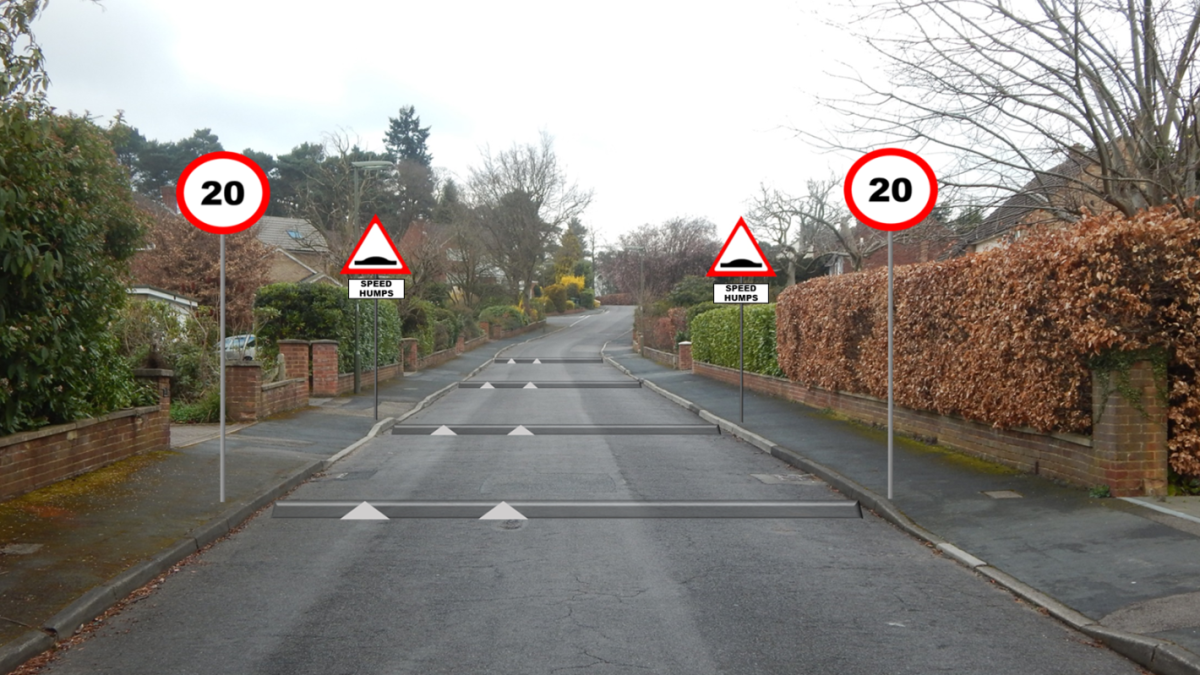
Exploring the Different Types of Road Surfaces and Their Advantages
Roads play a crucial role in our daily lives, influencing the safety and comfort of our travels. The choice of road surface significantly impacts the driving experience. There are different types of road surfaces, each presenting its own set of advantages and disadvantages. This article provides an insight into the various types of road surfaces and their associated benefits.
The most commonly utilized road surface is asphalt. It is durable, cost-effective, and involves easy maintenance. The smooth texture of asphalt offers comfortable driving experiences. However, caution is necessary when driving on wet roads as asphalt tends to become slippery under such conditions.
Concrete is another prevalent road surface option, albeit more expensive than asphalt. It excels in durability and longevity, being less prone to cracks and potholes, thus enhancing safety for drivers. Nevertheless, maintenance of concrete surfaces is relatively challenging, involving regular sealing and patching.
Gravel surfaces, while less common, are still in use in certain areas. This cost-effective option is easy to maintain but can cause discomfort to drivers and lead to vehicle damage due to its uneven texture.
Chip seal is a composite road surface comprising a mix of gravel and asphalt, offering a cost-effective and easily maintainable alternative. However, its discomforting noise and driving experience must be taken into account.
Specialized road surfaces are tailored for specific purposes, such as rubberized asphalt, designed to minimize noise and provide smoother rides, and porous asphalt, aimed at reducing runoff and enhancing drainage.
When selecting a road surface, it is imperative to weigh the advantages and disadvantages of each option. Asphalt, concrete, and chip seal are popular choices due to their cost-effectiveness and ease of maintenance, while specialty surfaces cater to specific needs. By delving into the different types of road surfaces and their respective advantages, informed decisions can be made to determine the most suitable option based on individual requirements.
Road surfaces play a crucial role in ensuring safety and comfort for drivers. The choice of road surface can significantly impact driving experiences, safety, and infrastructure maintenance. Asphalt, concrete, chip seal, and gravel are the most commonly used road surfaces, each offering distinct advantages and disadvantages. Furthermore, specialized road surfaces, including rubberized asphalt and porous asphalt, have been developed to cater to specific needs. Understanding the properties and benefits of various road surfaces can empower decision-makers to make informed choices for road construction and maintenance projects. Therefore, exploring the diverse range of road surfaces and their associated advantages is essential for enhancing driving experiences and infrastructure durability.
















